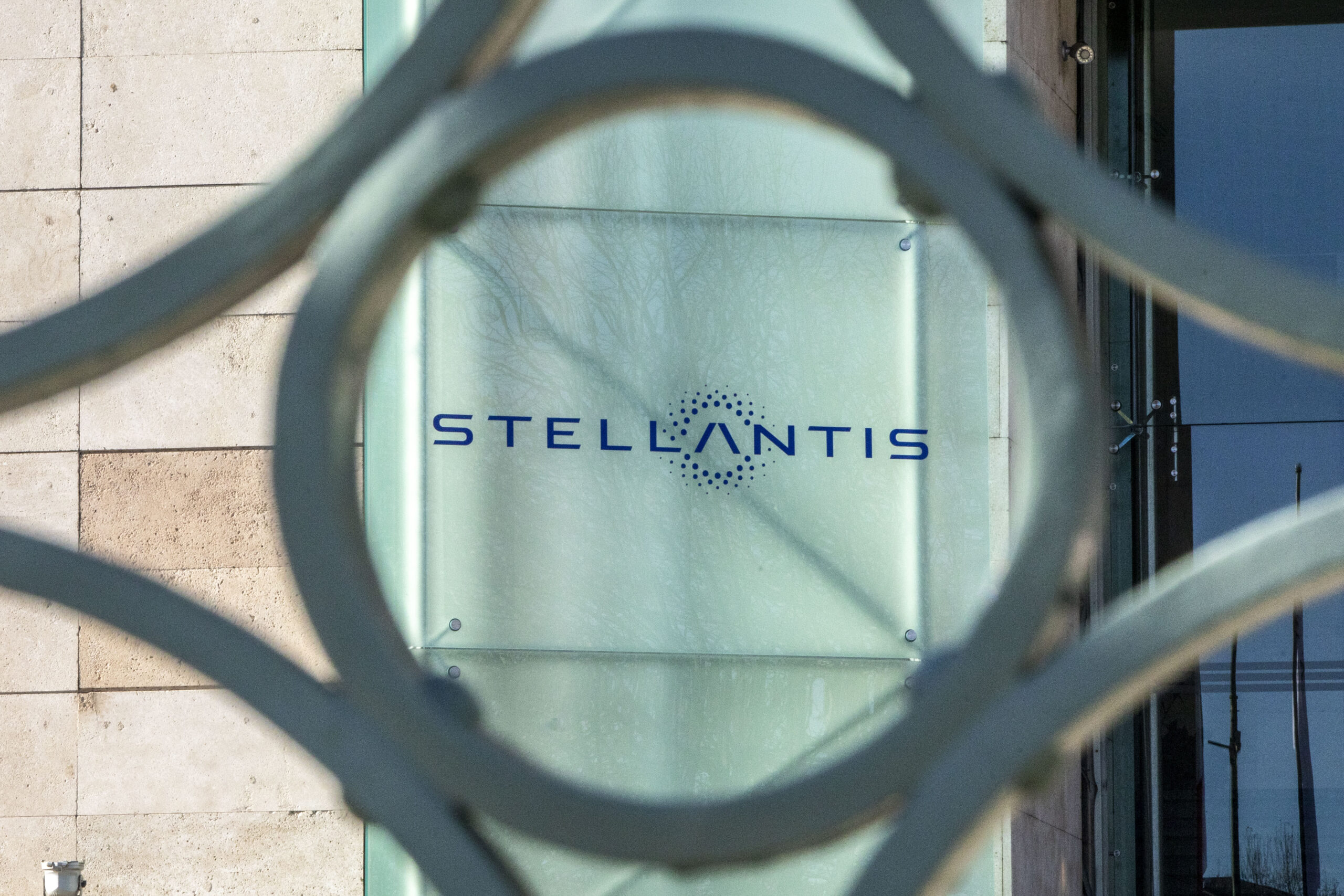Will Stellantis speed by with e-fuels?

Stellantis is betting on e-fuels to decarbonise its vehicles with internal combustion engines, without renouncing the transition to electric. He assures that synthetic fuels will be easy to use and affordable, but there are doubts
Automaker Stellantis said Thursday it was testing the use of e-fuels, emission-neutral synthetic fuels, on 28 models of internal combustion engines found in gasoline or diesel vehicles. The goal, according to the company, is to encourage the decarbonisation of its fleet in Europe.
THE BACKGROUNDS: THE COMMISSION'S DEROGATION
The announcement comes a couple of weeks after the e-fuel derogation inserted by the European Commission in the regulation on zero-emission cars, the one for the ban on the sale of new cars with internal combustion engines from 2035. Following a comparison with Germany, promoter of synthetic fuels, Brussels has decided that vehicles powered exclusively by e-fuel can continue to be registered even after that date.
WHAT ARE E-FUELS, IN A SHORT
E-fuels are produced by combining carbon dioxide captured from the atmosphere (rather than left behind) with green hydrogen (derived from renewable electricity). Being equivalent to regular automotive fuels, they can be fed into internal combustion engines and release CO2 when burned. However, they are considered "neutral" from an emission point of view because the CO2 they emit to the exhaust pipe is equal to that originally absorbed by the air and used for their production.
WHAT STELLANTIS WILL DO ABOUT E-FUEL
In the press release Stellantis – which owns brands such as FIAT, Peugeot, Opel and Jeep – said it was testing everything on Euro VI vehicles built from 2014 until 2029: pipe emissions, engine power and oil dilution.
NO THOUGHTS ABOUT ELECTRIC
E-fuels could potentially be used on 28 million Stellantis vehicles, and would reduce Europe's CO2 emissions by 400 million tonnes from 2025 to 2050. The company has specified it does not want to revise its goal on electric mobility : by 2030, therefore, all the new cars it will sell in Europe will be battery electric. The two technologies, therefore, are not in competition.
FUELS FOR EVERYONE OR ONLY FOR THE RICH?
According to Stellantis, e-fuels can represent an "easy and affordable option" for the decarbonisation of vehicles equipped with internal combustion engines, which will not disappear from the streets in 2035. At least currently, however, their production has a very high cost, and precisely for this reason they have been defined as fuels "for the rich".
Indeed, it seems that e-fuels will be used mainly in luxury cars. The house that is betting the most on these fuels is Porsche , which has invested in the first commercial plant for their production: opened in Chile in 2021, it aims for an output of 550 million liters a year. Porsche is skeptical of electric technology because it thinks the battery will cause its cars to increase in weight, negatively impacting performance.
The other two automakers that have shown some interest in e-fuels are BMW, from Germany, and Mazda, from Japan.
BUT WILL ITALY BE ABLE TO EXPLOIT E-FUEL?
There is currently no e-fuel production in Italy. But even if this industry were to develop, as Giorgia Meloni's government assures, it would be difficult for the national automotive supply chain to be able to exploit them.
According to the journalist Paolo Bricco, in fact, in Italy "we no longer have a national car manufacturer", as FIAT once was, because with Stellantis "it is now all French": "not only in terms of equity but also in decisions, in management, in major strategies”, he explained, “everything is controlled by France”.
This is a machine translation from Italian language of a post published on Start Magazine at the URL https://www.startmag.it/smartcity/stellantis-e-fuel-test/ on Fri, 21 Apr 2023 14:01:13 +0000.
